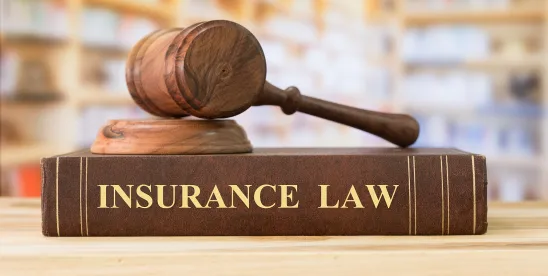In Parsons v. Commerce Insurance Co., 2025 Mass. Super. LEXIS 67, the plaintiff filed a putative class action against Commerce Insurance Company, asserting breach of contract and violations of Chapter 93A, § 9. The case stems from the insurer’s valuation of the plaintiff’s vehicle as a total loss following a collision. The plaintiff alleged that the insurer systematically underpaid insureds for their totaled vehicles using unfair and deceptive valuation practices. As a result, the plaintiff asserted two theories under Chapter 93A: (1) the insurer unfairly reduced actual cash value (ACV) estimates through “dealer-ready condition adjustments” derived from CCC Intelligent Solutions’ Market Valuation Reports (MVRs); and (2) the insurer failed to consider the price paid and value of improvements to the insured vehicles as required under Massachusetts regulations. The Superior Court denied the plaintiff’s motion for class certification.
Under G.L. c. 93A, § 9(2), class certification requires proof that the defendant’s unfair/deceptive conduct caused similar injury to numerous persons similarly situated. While typical Mass. R. Civ. P. 23(b) predominance and superiority standards are not strictly required under § 9(2), courts may still consider them in their discretion, as the Superior Court did here. Though the court found that Rule 23(a) factors were met (notably large class sizes and similar legal theories), it denied class certification under both Rule 23(b) and Chapter 93A, Section § 9(2) because injury could not be presumed across the board for the proposed class. Specifically, to determine if any given class member was underpaid (and thus injured), the court found it necessary to assess the ACV of each totaled vehicle individually, considering its condition and comparable market value. The court emphasized that proof of injury and causation is not just a question of damages, but of liability itself. Chapter 93A requires a “separate, identifiable harm” that was caused by the allegedly unfair practice, not just the existence of the practice itself. Without this, no recovery—even of nominal or statutory damages—is permitted. Because injury and causation would vary for each proposed class member, common questions did not predominate. The court found that individualized litigation was superior, as trying these claims in a single class would not promote efficiency or consistency.
The Parsons decision underscores a strict application of the injury and similarity requirements under Chapter 93A in class action contexts. Despite identifying potentially questionable valuation practices, the inability to prove common, class-wide harm precluded certification. This case aligns with a growing judicial trend: While Chapter 93A aims to empower consumers, courts are reluctant to certify classes where injury and causation must be individually determined, particularly in insurance and valuation contexts.




 />i
/>i

